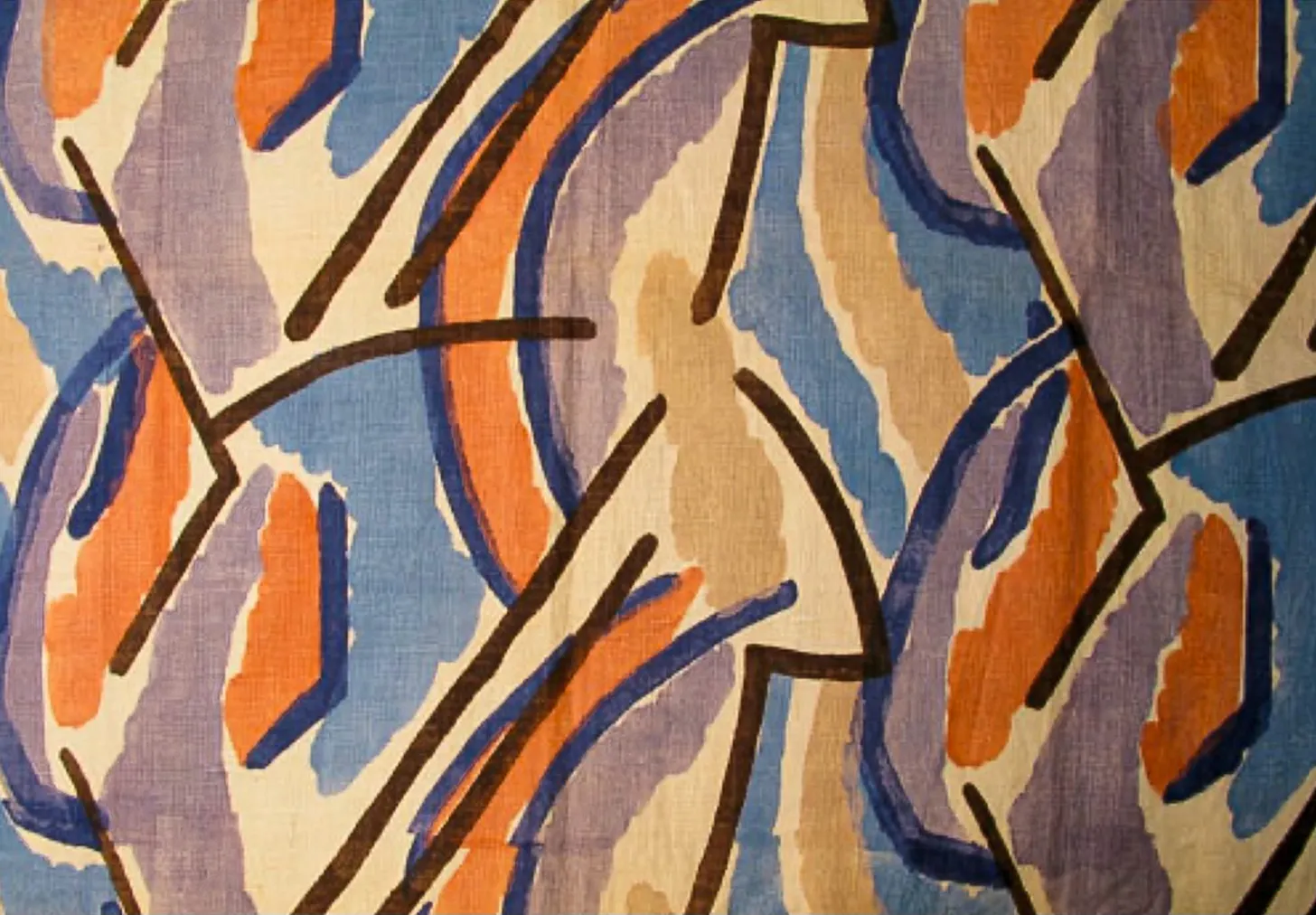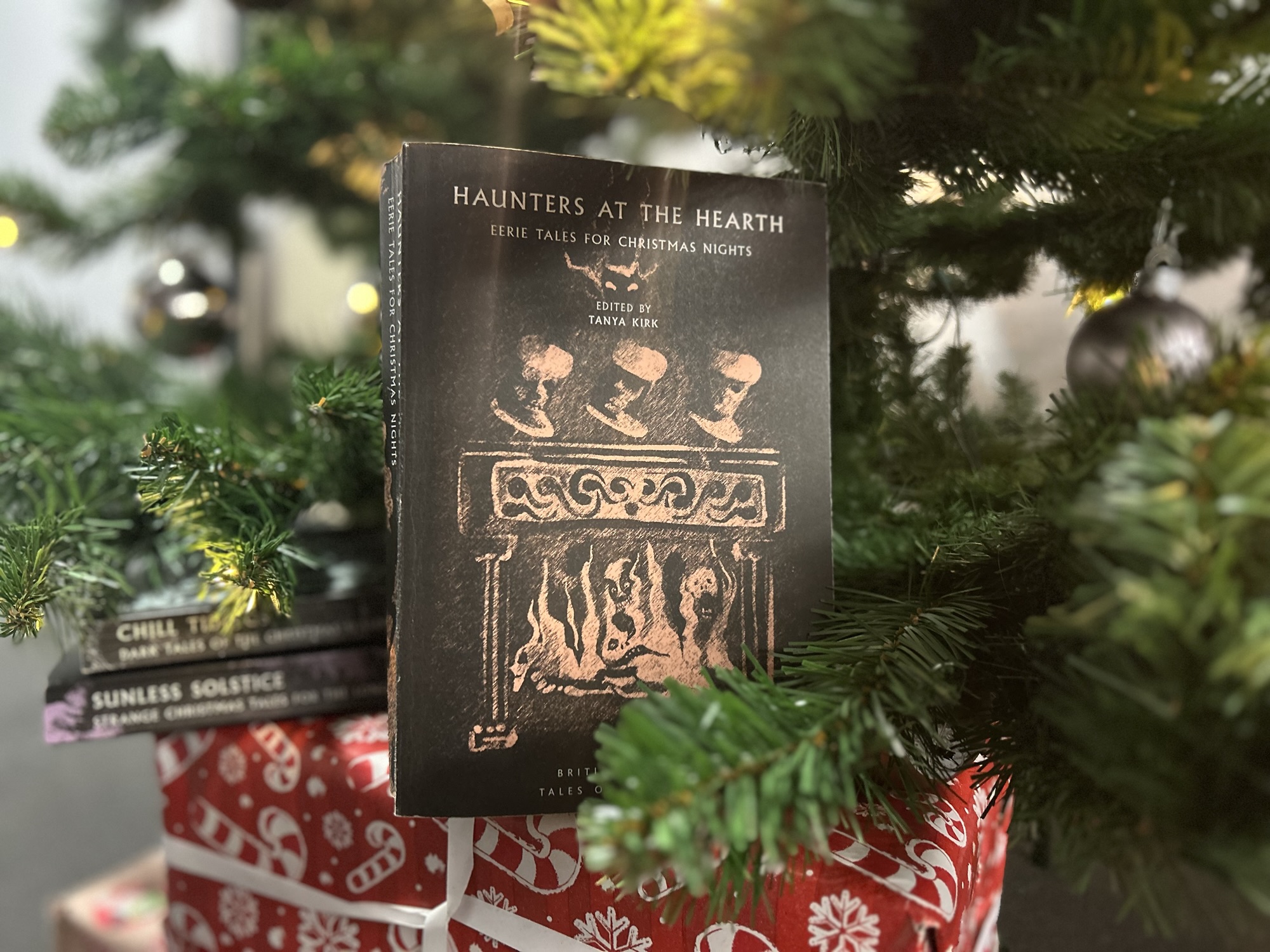Reading the 2022 British Library collection Haunters at the Hearth marks the third year of my newly established tradition of reading ghost stories for Christmas. Last year I read their collection Sunless Solstice and the year before that Chill Tidings. Sadly, they haven’t published anything new in the dark Christmas stories series this year, so next year I might be returning to Chill Tidings, just for the sake of writing about it. I notice that writing about short stories grounds them in the context of my life and makes them much more likely to unfold and gain new meaning as time passes.
Over the past three years I noticed there are basically two types of Christmas ghost stories. First, there is the eerie type which the Victorian era popularized during the holiday season, when writers like M.R. James and Charles Dickens were bringing quite literal spectral visitations into Christmas parlors. Then, there is the more modern type, which focuses on psychological or emotional ghosts. While the Victorian tales thrive on spine-tingling suspense and dramatic apparitions, the more modern ones evoke quieter frights, leaving readers to ponder what truly haunts them.
The stories in a collection are printed in chronological order, and the shift of focus is clearly visible. If A.M. Burrage and W.W. Jacobs are the traditional type, who write about strange happenings on Christmas Eve, D.H. Lawrence and Daphne du Maurier use the happenings on Christmas Eve to pull the reader’s attention on the internal turmoil of the characters. Their stories are more about the characters and less about what’s happening. My preference lies more towards the second type and my favourites from the stories in Haunters at the Hearth I selected below will clearly show it.
‘christmas honeymoon’ (1939) by howard spring
When I was a child I used to be afraid of Something in the dark. I know now that the most fearful thing about the dark is that we may find Nothing in it.
Basil and Ruth meet at a cocktail party on December 21st and get married the next day. For their honeymoon, they go on a walking tour in Cornwall. On Christmas Eve they start in Falmouth and leave the town assuming they will find some sort of lodging for the night. But the village they reach after dark is nothing they would expect. “There was no living person, no living thing, in the village. That was what we discovered”
This is a one-of-a-kind Christmas ghost story by the simple fact that there are no ghosts present at all. There is a Christmas present and there is a story present, but the story encircles in its core a black hole of Nothing. The traditional haunted house we have come to expect takes us by surprise by the fact that it is actually not haunted – it holds no restless spirits, no eerie apparitions, no sinister past to uncover. Instead, it feels imbued with an absence, an almost palpable void that unsettles the couple. This void, this “Nothing,” becomes the story’s true specter: the things unsaid, the emotions suppressed, the lives that once were but are no longer.
‘the cheery soul’ (1942) by elizabeth bowen
I looked about to be staggered by what I did not se. Neither on range, table, nor outsize dresser were there signs of the preparation of any meal. Not a plate, not a spoon, not a canister showed any signs of action.
I’m not very familiar with Elizabeth Bowen. I’m currently still ploughing through The Heat of the Day, a novel which many consider among her best. I can see where they’re coming from, but, in this novel at least, Bowen really makes the reader work to uncover the beauty of the prose and the story. ‘The Cheery Soul’, Bowen’s short story from wartime England is a breath of fresh air and a motivation to not let go of her just yet.
The story is a twist on the traditional ghost story. Like ‘Christmas Honeymoon’, it also has an absence at its core, but this time it’s a cook with a twisted sense of humour who is missing. The narrator, a young woman leaving wartime London for some peace and quiet in the countryside, is invited to spend Christmas with her misanthropic aunt and the Rangerton-Karneys. Surprinsingly, the family is not at home and no special preparations seem to have been made for her arrival. There are only some traces of the missing cook to be found around the house. The narrator finds herself in the middle of a ghost story or the middle of a political plot.
‘don’t tell cissie’ (1974) by celia fremlin
You know the kind of person I mean? Friendly, good-hearted, and desperately anxious to be in on everything, and yet with this mysterious knack of ruining things – of bringing every project grinding to a halt, simply by being there.
Celia Fremlin’s story continues along with the idea of the absence. Apparently, this is the motif of my Christmas season this year. The narrator and her friend, Rosemary, decide to spend Christmas Eve in Rosemary’s new country cottage. Newly bought, that is, for the cottage itself is centuries old. The two friends intend to investigate if there is indeed a ghost haunting the place, but do everything in their power to keep Cissie, their “sort of” friend, away. She might ruin everything, they believe. They do manage to keep Cissie away, but that doesn’t stop her from showing up, one way or another.
The story charmed me with the style it is written in. The narrator is a middle-aged woman who has seen life, and this has left her embittered, but with a sense of humour and adventure. The tone of the story is conversational, slightly cynical, and very far away from traditional atmospheric story-writing. It really feels like there’s something to be told here, and the joke will be on you, the reader.
***
Haunters at the Hearth is another carefully curated collection of forgotten or lesser-known stories from the British Library archives. Their collections capture the spirit of old-fashioned ghostly chills while also unveiling the scares of being a modern human in a modern world. Over the past three years, they have become a literary gift to myself. For what better way is there to build a bridge between past and present than to read old, and new, Christmas ghost stories?





your thoughts?